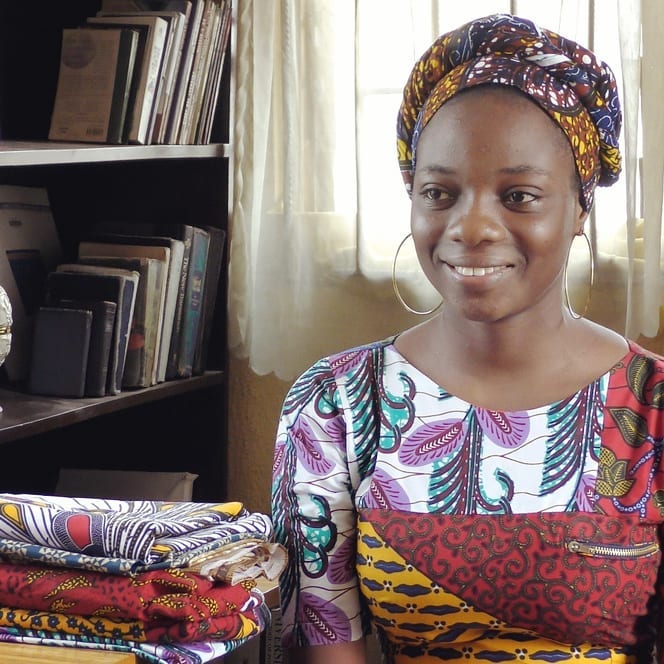$ 46 billion worth of clothes is stuck in Britisch wardrobes
Contrary to the British who stuck an unbelievable $ 46 billion worth of clothes in their wardrobes, here in Austria we love to send our used clothes, which was meant to be disposed, to Africa. Why? To reduce textile waste in Europe and to give clothes a second life. Often, these textiles come from people who believe in helping and doing good, who donate them and give them in old clothes box along the roadside. This was meant to be a good deed but is now the basis for a whole economic structure. A number of companies have specialized in exporting these textiles, to the developing world saying it is “green economy”.
Africa as a dumping ground prevents negative ecological impact in Europe!
There are numerous arguments against this – especially when it hinders reviving local textile production in the affected developing countries. But the arguments that speak for this trend are also interesting. On the one hand, it seems necessary to send these textiles far away, in order to avoid the negative ecological impact of thousands of tonnes of textile waste in Europe. Really? As if the textiles would then dissolve in thin air in Africa after it has survived its second life! It is ironic, then, that these developing countries, which are known for inefficient upcoming and waste infrastructure now have to bear the responsibility. Take for example, Nigeria, mountains of clothes is visible on many streets.
Second hand clothes is not given out for free, as we hope, but will be sold again.
A further argument for this is the economic contribution to such developing countries. Second hand clothes is not given out for free, as we hope, but will be sold again. Revenues generated, of course create an important income stream for the local retailers (around whom a whole economy has already formed) – some experts say. For a 100 euros you can get 50 kilos of used garments at the port. By the way, the fact that this is also an important source of income for European export companies should not to be forgotten. Actually, articles report of the slowing developing regular jobs emerging in Europe around sorting out second and clothes and making them ready for export.
So, speaking of economic profit, on the streets of Austria, you can see metal boxes availably ready for anyone to dump in their used textiles. The visible surface of the metal boxes are rented out for advertising, well then benefiting western advertising industry as well. So who benefits here the most? Is it the local retailers in developing countries? The argument that these traders would be unemployed, if the secondhand business did not exist, seems to me a bit naive. africans would not go naked if these cone-hand clothes do not arrive the shores of the cost. There is a textile industry struggling to survive. Our fashion label also started a production on ground in Lagos were we run trainings programs from the Joadre lab and we have seen that there is great potential if the textile industry is left to boom. If there was a domestic textile production in these countries, traders would also need to market the newly produced product. But there would be even more jobs created around the product itself.
At 17, I also sold secondhand clothing to finance my studies.
I traveled almost 20 hours to from Auchi to Badagry to and fro. The best designs, even Prada and Gucci, were hot cake. If you do not make 6am, sorry. It was a battle. You could feel like in the middle of an iPhone release or a mega sales at a New York high street fashion house. You have to fight for your piece. I got pretty fed up of the long trips and wanted to start off making my own designs locally. I contracted two tailors, made the first set of outfits and nobody bought because they complained it was way too expensive. “With this money, i will buy 5 oki-rika (second-hand)” complained several clients. I had to dismiss both tailors.
It is a complicated situation. Would it be better to support these countries in the development of their own textile industry, and in the meantime, consumers in Europe simply wear less clothing, recycle, epicycle and give their clothes a second European life? Do we really help the development of these countries by exporting second-hand clothes or are we destroying one of the very major industries that can create thousands of jobs? How should we handle this situation? Please share your thoughts comments and stories beneath this blog.
Xoxo, Joana




